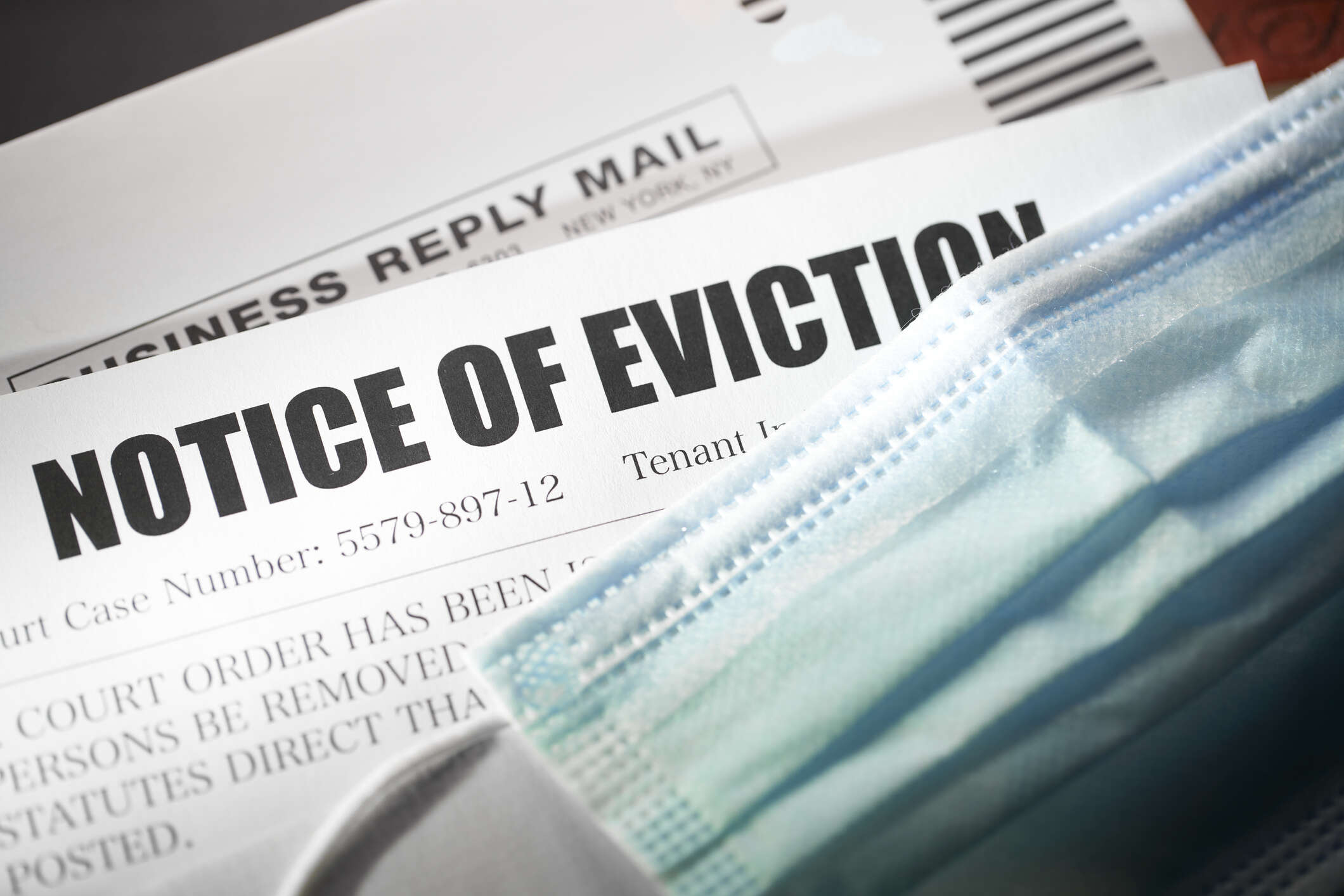
The number of families facing eviction from rented properties in the UK continues to rise since the eviction ban was lifted in May 2021, with households in London, Birmingham and Manchester seeing the highest rates.
Data published today by the Ministry of Justice shows that almost 20,000 households in England and Wales had repossession claims filed against them by their landlord between January and March 2022, 32% higher than in Q4 of 2021.

Although the total number of landlord repossession claims remains lower than in Q1 2019, this is because repossession claims by social housing landlords remain far below their pre-pandemic level. The number of households facing court proceedings from their private landlords in Q1 2022 was 12% higher than in Q1 2019.
Brent in London saw the highest rates of landlord repossession claims in England and Wales: for every 100,000 households in Brent, 227 faced eviction court proceedings by their landlord.
[Read more: State and local protections helped the US avert the worst-case evictions crisis this year]
Alongside London, it was England’s cities that saw the highest rates of landlord repossession claims: local authorities in Birmingham, Manchester, Liverpool, Newcastle and Peterborough all saw rates of over 100 per 100,000 households.
Of the ten local authorities with the highest landlord repossession claims in England and Wales, seven are in London. In Brent, 268 households had court proceedings started by their landlords, an increase of 60% compared with Q4 of 2021.
In Lewisham, 272 households faced landlord possession claims between January and March, equivalent to 205 out of every 100,000 households, 23% higher than in Q4 2021.
This is 18% lower than in Q1 2019 because social landlord possession claims still remain far lower than pre-pandemic. In fact, possession claims by private landlords in Lewisham are now 16% higher than in Q1 2019.
This trend is seen across the capital: while in Q1 of 2019, half of landlord possession claims were by private landlords, now they are almost back to their pre-pandemic levels, and account for over two-thirds of claims.
[Read more: A US-wide eviction ban could have prevented thousands of Covid deaths]
Almost a third of all the landlord possession claims made in London were “accelerated procedure”, more commonly known as Section 21 or “no-fault” evictions, where landlords don’t have to give a reason, and renters get just eight weeks' notice. Most no-fault evictions don’t go to court – the renters just move out – so this number represents where the landlord has made a claim to force the tenants to leave.
Housing charity Shelter estimates that 230,000 private renters have been served a formal Section 21 notice since April 2019, when the government first promised to ban them. Between July and September 2021, 4,440 households were threatened with homelessness because of a “no-fault” eviction.
“Every day our emergency helpline supports renters who are scrambling around trying to find another home after being slapped with a no-fault eviction,” Polly Neate, chief executive of Shelter, said. “While scrapping Section 21 evictions alone won’t solve the cost-of-living crisis for renters, it will at least give them some much-needed security in their homes.”
In Manchester, 233 households faced possession claims from private landlords in Q1 2022, double the pre-pandemic level. Private landlord possession claims have increased 150% on last quarter, and no-fault eviction claims have tripled.
“It’s alarming that as the living cost crisis rages more landlords are kicking tenants out of their homes,” Neate said. “These are real people whose lives are being turned upside down and simply cannot afford to lose their homes right now.”






